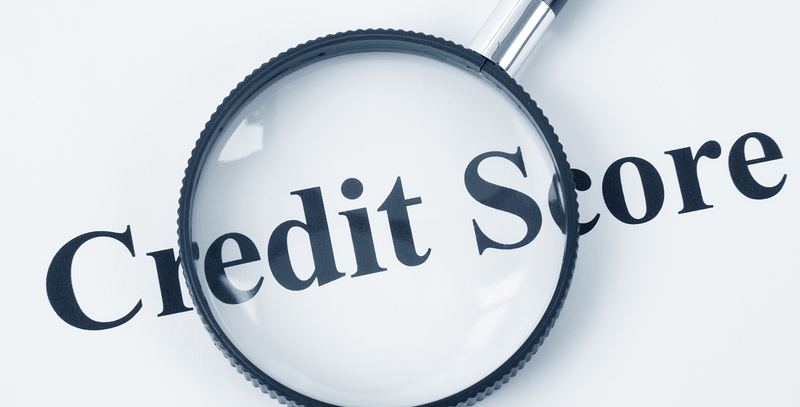How Does Your Credit Score Hold Up?
In an article released by the Canadian Mortgage and Housing Corporation (CMHC), it appears that those people who have a mortgage tend to be a little more credit worthy compared to those who don’t. It also points out that credit scores are quite steady across Canada.
If you’ve never seen your credit report, or it’s been a while since you have looked at your credit score, now would be a great time to make sure everything is as it should be. You have a couple options, firstly, you can access your report from Equifax Canada or TransUnion for a nominal fee, or if you have a mortgage renewal coming up or you plan on purchasing a property in the near future, I’d love to meet with you. We can look at your credit history and I can let you know where you stand. Contact me anytime!
For general purposes, credit score ranges can be grouped as follows:
- Poor (less than 599);
- Fair (600 – 659);
- Good (660 – 699);
- Very Good (700 – 749);
- Excellent (more than 750)
Here are the main points of the CMHC article for you:
“Overall, mortgage holders tend to have better credit scores than other consumers.”
In Canada, the majority of mortgages are held by borrowers with a very good or an excellent credit score, a share that has been trending up since the third quarter of 2015, reaching 80.7% in the first quarter of 2017. The share of mortgage holders with an excellent credit score has increased by almost one percentage point in the first quarter of 2017 compared to the same quarter in 2016. This shows that the current outstanding mortgage debt is largely supported by consumers with healthy credit history.
While consumers with poor or fair credit scores are a small share of the market, they represent a more significant source of risk of default of payment and potential losses for lenders than all consumers with higher credit scores. The share of mortgage holders with a fair or poor credit score has dropped to 10.2%, in the first quarter of 2017, from 11.2% two years earlier.
Overall, mortgage holders tend to have better credit scores than other consumers. In the first quarter of 2017, 76.8% of consumers without a mortgage had a very good or an excellent credit score, a share 3.9 percentage points lower than among mortgage holders. Additionally, we find that this gap between mortgage holders and other consumers has been widening since the end of 2014, when the share of consumers with a very good or an excellent credit score was only 2.9 percentage points higher among mortgage holders than among other consumers. The widening of this gap has largely been driven by the improvement of scores among mortgage holders.
On the lower end of the spectrum, we find that 15.2% of consumers without a mortgage had a poor or fair credit score in the first quarter of 2017, which is 5 percentage points higher than consumers with a mortgage.
There are differences between cities, however;
Among Canada’s six largest metropolitan areas, only Edmonton and Calgary have a share of mortgage holders with a very good or excellent score lower than the Canadian average. Toronto is the area that has had the largest increase in the last 4 years, with a gain of 3.7 percentage points, followed by Vancouver, with a gain of 2.4 percentage points.
The shares of mortgage holders in Canada’s largest cities with a poor or fair credit score has been generally trending down in Montréal, Ottawa-Gatineau, Toronto and Vancouver, with the largest decreases reported in Toronto and Vancouver: decreases of 2.9 and 1.8 percentage points, respectively, from the first quarter of 2013 to the first quarter of 2017.
The share of mortgage holders in the two lowest credit score ranges remains more elevated in the oil-rich markets of Edmonton and Calgary.
In each of Canada’s six largest markets, the proportion of consumers with poor or fair credit scores is smaller among mortgage holders than among consumers without a mortgage.
RECENT POSTS






